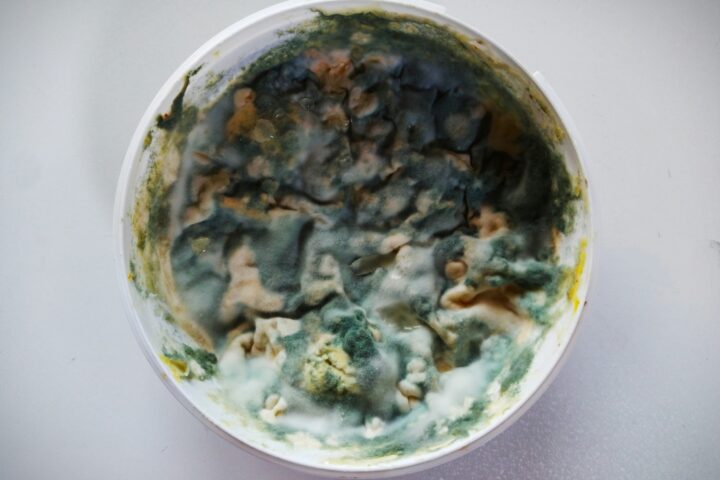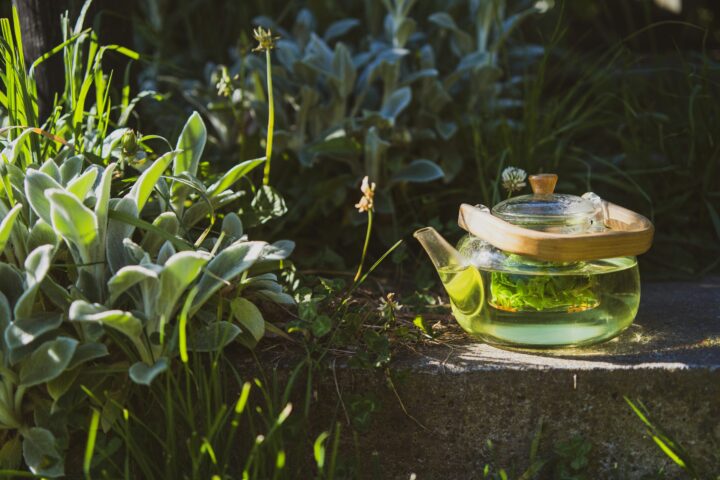
Organic: Luxury at the expense of developing countries
ZDF takes a look at the organic farming industry in a documentary program. Are organic products actually more sustainable and better for the climate than comparable products from conventional agriculture? From the perspective of resource efficiency, the question must be answered in the negative: Due to the greater demand for space, they are not more sustainable. And organic food is not suitable for the world either. The European organic farming industry is a luxury, the costs of which will ultimately have to be borne by the whole world.
Tuesday, March 1, 2022
The show begins on an organic farm for food grapes in Hesse. Right at the beginning, the old but all the more persistent myth that organic does not need pesticides is dispelled. The fact is: even organically grown table grapes are threatened by fungal diseases, weeds and pests. They too need protection. Unlike conventional agriculture, however, the show explained, organic would not use synthetic pesticides. Only one sentence later, they say: "The only effective remedy for fungal infection in the organic farming industry is copper". The fact that copper is of natural origin, but is produced synthetically, is not mentioned in the show. The farmer appearing in the show makes it clear that organic farming is also dependent on pesticides: "If I no longer had any way to combat downy mildew, I wouldn't be able to grow organic grapes."
Greater demand for land…
The benefits of copper as a plant protection product are indisputable. But because the heavy metal accumulates in the soil, it can be dangerous for soil organisms. The impact on soil health is enormous. Nevertheless, there are significantly more insects and earthworms on biologically cultivated soils than on conventionally cultivated soils. What is hidden here, however, is that organic farmingneeds around 40 percent more land to produce the same amount of crop as conventional agriculture. Various studies have shown that organic farming plays its ecological advantage by doing so. The larger area required leads to similar biodiversity losses overall. Every form of agricultural production – including the organic farming industry – displaces the living diversity.
…and CO2 emissions
The greater demand for land is also harmful to the climate. More land for agricultural production means less forest and natural soil for the storage of carbon. The extensification of agriculture associated with organic farming also means that production is outsourced abroad. More must be imported, which increases the CO2 emissions in addition.
Productivity declines worldwide
The lower yields per area are the reason why organic is not the solution to the sustainability problem or to the nutrition of the growing world population. The use of valuable soil to produce less food is not resource-efficient and therefore not sustainable. If the world wants to feed ten billion people by 2050 while consuming less land, there is no other way than increasing productivity per hectare. According to "NZZ on Sunday", however, it is precisely this that is currently lacking. The productivity of global agriculture is currently unable to keep up with population growth, which leads to an ever-increasing demand for land. The earth is becoming more and more like one big farm. Productivity declines are most evident in South America and Africa. There is a threat of higher food prices, which will have fatal consequences for the poorest people in particular.
Dangerous luxury
The reduction of agricultural production in favor of organic production in the global north is a luxury that ultimately comes at the expense of developing countries. European underyields are leading to rising prices on the world market, which in turn hit the poor people of the global south the most. In addition, outsourcing production often leads to an increase in environmental pollution in other regions of the world. Against this background, the conclusion of the "ZDF” program is more than doubtful: "Organic must become the new conventional. (…) The consumer must be willing to pay more." We Europeans can afford this luxury. In many other countries of the world, this demand is likely to cause head-shaking at best.
Sources
Producing a lot on little land
A study by the University of Göttingen concludes that intensive production on smaller areas helps biodiversity better than with organic farming. The organic farming industry also represents an intervention in nature and displaces many species. Due to the additional land consumption required, it harms biodiversity more than productive agriculture.
Related articles

Global facts on world food and agriculture
Only thanks to technological progress and modern crop protection will we be able in the future to conserve our resources while feeding a growing population in a healthy and affordable way.

Pesticides in Green Smoothies
After countless recipes for Christmas cookies, festive roasts and cocktails, the advice on losing weight, detoxing and beautifying oneself now takes centre stage. Most of it is sheer nonsense.

Natural Toxins: An Underestimated Risk in Our Food
Safe food cannot be taken for granted. While chemical substances are often the focus of public criticism, reality shows that the greatest risks to food safety are of natural origin. Recent recalls of infant food products illustrate how insidious bacterial toxins or moulds can be.

Herbal Teas: Making You Sick Instead of Slim
Plant protection products are frequently the focus of public criticism. Far less attention is paid to the fact that natural ingredients in teas and dietary supplements are also biologically active and can pose health risks.

